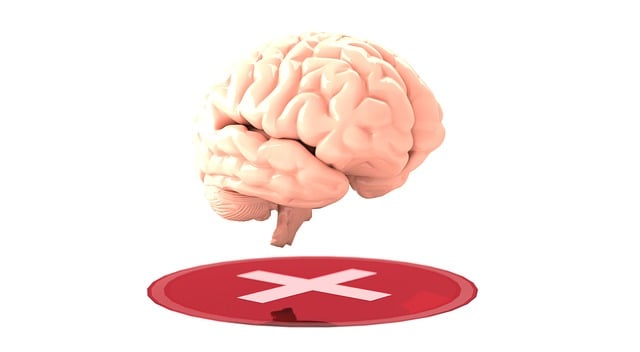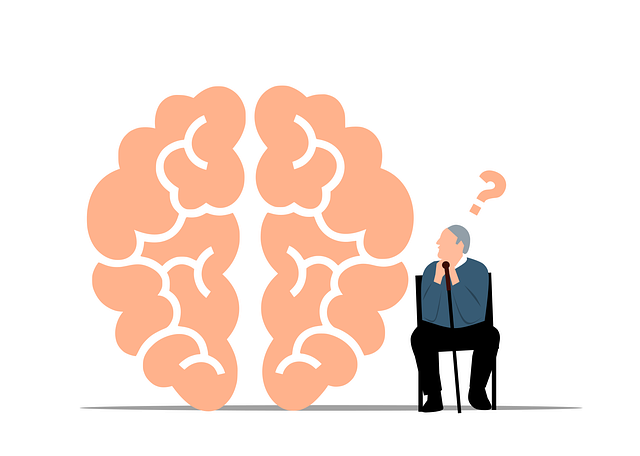Mental wellness is key to adults' overall well-being, with therapy playing a vital role in managing stress, emotions, and relationships. Techniques like mindfulness and empathy-building enhance emotional resilience, while hypnosis offers innovative solutions for specific mental health issues. Combining therapy with hypnosis provides a comprehensive approach to achieving optimal mental wellness, addressing symptoms, reducing stigma, and promoting positive mindsets. Daily self-care practices, including physical activity, mindfulness, and time management, significantly contribute to improved mental wellness, benefiting both professionals and individuals facing life's challenges.
Mental wellness is a cornerstone of overall health, yet it’s often overlooked. This article delves into the profound impact of mental wellness on adults, exploring strategies to enhance well-being. We discuss traditional therapy as a proven method for promoting adult mental health, highlighting its effectiveness in addressing diverse concerns. Furthermore, we introduce hypnosis as an alternative approach, offering a unique perspective for those seeking support. By incorporating daily practices from both therapeutic modalities, adults can cultivate resilience and achieve optimal mental wellness.
- Understanding Mental Wellness and Its Impact on Adults
- The Role of Therapy in Promoting Adult Mental Health
- Hypnosis as an Alternative Approach for Adults Seeking Support
- Strategies for Incorporating Daily Practices to Enhance Mental Wellness
Understanding Mental Wellness and Its Impact on Adults

Mental wellness refers to our emotional, psychological, and social well-being. It impacts how we think, feel, and act in various aspects of life, affecting our ability to cope with stress, make choices, and relate to others. For adults, prioritizing mental wellness is essential for maintaining a balanced and fulfilling life. Neglecting it can lead to various challenges, including anxiety, depression, and even more severe conditions that may require professional help.
Therapy for adults plays a pivotal role in promoting and maintaining mental wellness. Techniques such as mindfulness meditation and empathy-building strategies have been proven effective in enhancing emotional resilience and overall well-being. Moreover, professionals in the field must undergo rigorous risk assessments to ensure they can provide safe and supportive care. Hypnosis is another valuable tool that can be incorporated into therapy sessions, offering unique methods for addressing specific mental health concerns while fostering a deeper state of relaxation and self-awareness.
The Role of Therapy in Promoting Adult Mental Health

Therapy plays a pivotal role in promoting and maintaining adult mental health. It offers a safe space for individuals to explore their thoughts, feelings, and behaviors, providing valuable tools for managing stress, anxiety, and depression. Through various therapeutic approaches, adults can develop effective coping mechanisms, enhance self-awareness, and build resilience. One innovative method gaining recognition is hypnosis, which utilizes the power of the subconscious mind to address deep-seated issues and promote positive change.
In addressing mental illness, therapy goes beyond treating symptoms by focusing on stigma reduction efforts, empowering individuals to challenge societal perceptions. By fostering open dialogue, it encourages self-acceptance and normalizes seeking help—crucial components in the journey towards better mental health. Additionally, conflict resolution techniques taught during therapy sessions equip adults with skills to navigate interpersonal challenges, thereby improving overall well-being. The mind over matter principles at the heart of many therapeutic practices underscore the importance of nurturing a positive mindset for optimal mental wellness.
Hypnosis as an Alternative Approach for Adults Seeking Support

Hypnosis has emerged as a captivating alternative approach gaining traction among adults seeking therapy for their mental wellness. This ancient technique taps into the power of the subconscious mind, offering a unique way to navigate and transform thoughts and behaviors. For those looking beyond traditional talk therapy, hypnosis provides an immersive experience that can significantly aid in coping skills development and stress reduction.
Through guided meditation and suggestive language, hypnotherapy facilitates a state of deep relaxation, allowing individuals to gain access to their subconscious. This altered state enables the re-framing of negative thought patterns, boosts confidence, and even enhances communication strategies. By targeting root causes often overlooked in surface-level discussions, hypnosis offers a holistic approach to mental wellness promotion, making it an appealing option for adults exploring diverse therapy methods.
Strategies for Incorporating Daily Practices to Enhance Mental Wellness

Incorporating daily practices into your routine can significantly enhance mental wellness. One effective strategy is to engage in regular physical activity, which releases endorphins and improves mood management. Simple activities like walking, yoga, or even a short meditation session can help reduce stress levels and promote a sense of calm throughout the day. Additionally, practicing mindfulness through techniques like hypnosis can be a powerful tool for adults seeking therapy; it helps individuals stay grounded in the present moment, reducing anxiety and improving overall mental health.
For mental wellness professionals, integrating risk management planning is essential. This involves setting boundaries, prioritizing self-care, and adopting effective time management strategies to avoid burnout. By incorporating these practices into their daily lives, both professionals and individuals can better navigate life’s challenges and maintain a positive mindset. The use of hypnosis in therapy sessions can also facilitate deeper relaxation, improve focus, and enhance the overall effectiveness of mental health support.
Mental wellness is a cornerstone of overall health and well-being, and adults can greatly benefit from various strategies to promote it. As discussed, therapy plays a pivotal role in supporting adult mental health, offering valuable tools for managing challenges. Additionally, hypnosis emerges as an alternative approach, providing a unique way for adults to access profound changes. By integrating daily practices from the mentioned techniques, individuals can enhance their mental wellness and lead more fulfilling lives. Therapy for adults and hypnosis are powerful allies in navigating life’s complexities and cultivating resilience.














